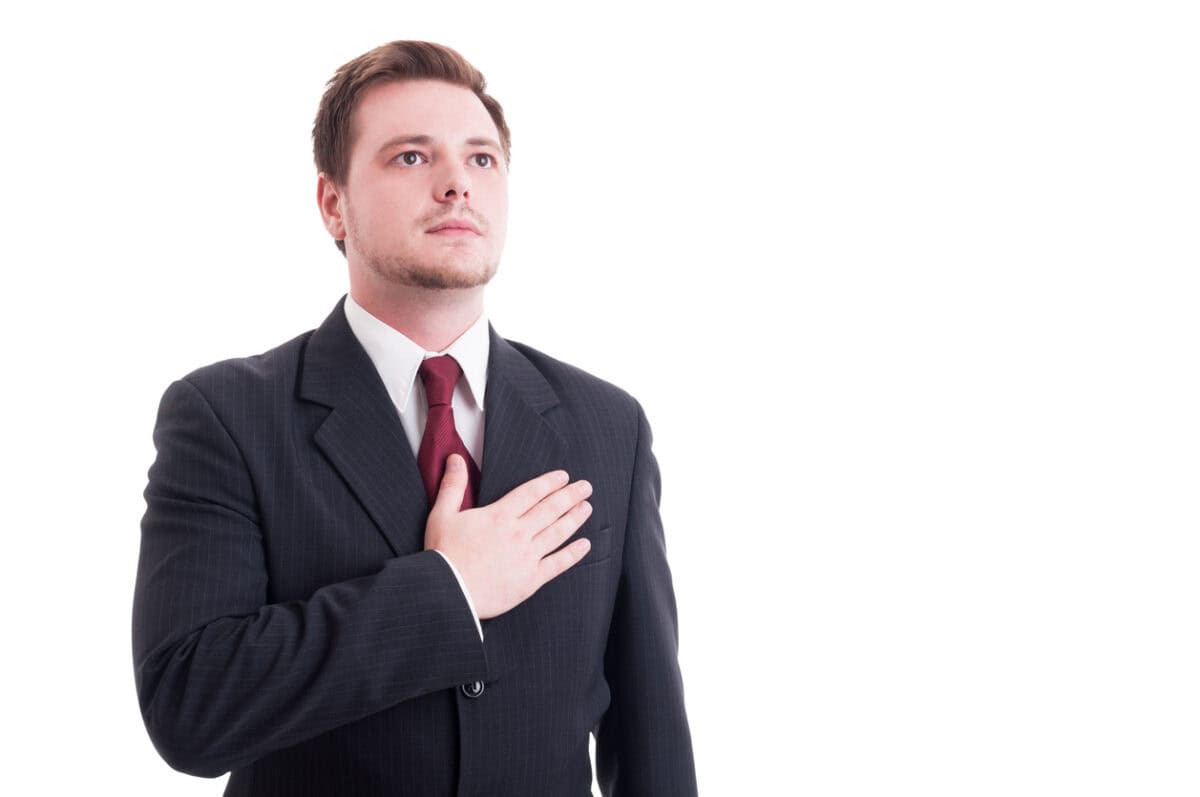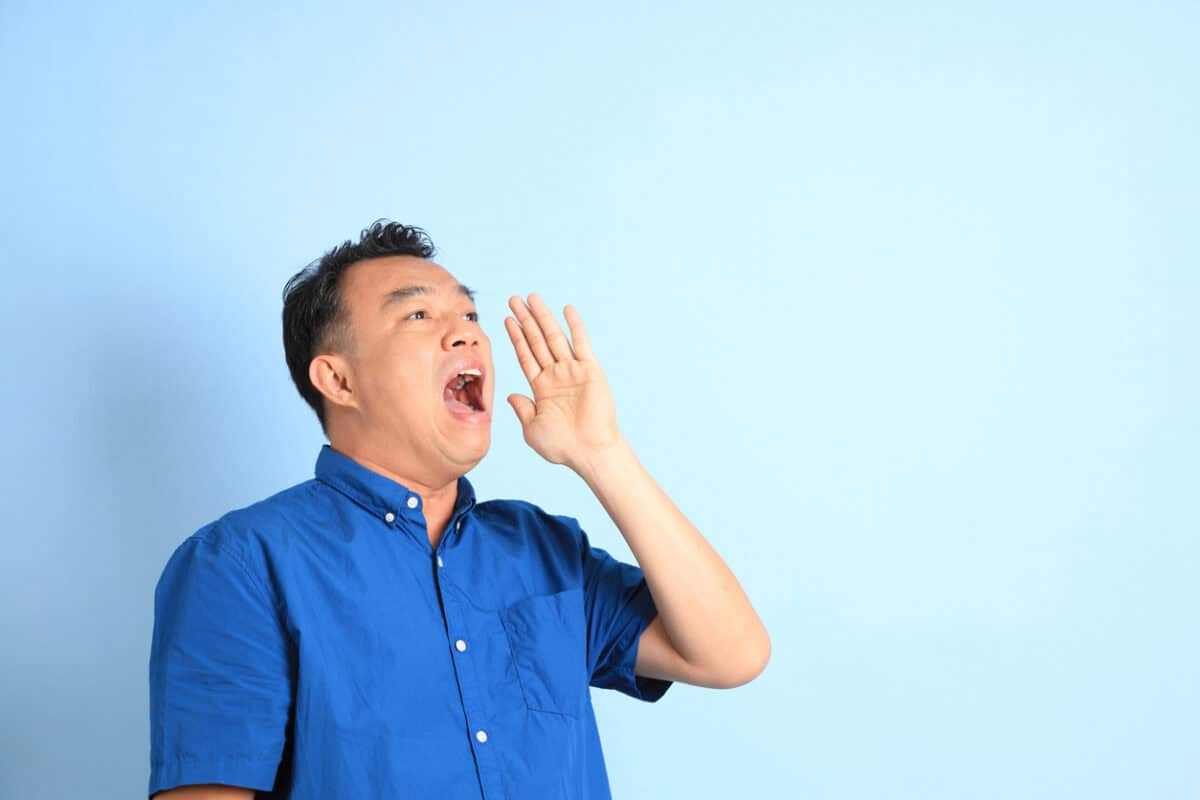2025 has started with a flurry of blog activity and more than a flurry of political change in the United States. It is easy to become distracted by those changes, but a refocus on local issues, new thoughts, perspectives, and new books may generate a balance of sanity. Here is a taste of one book that I have not had time to read entirely but that has potential.
Category: ethics
OHS and the diversity, equity and inclusivity backlash
The Australian Financial Review has looked at the local Australian context of the United States opposition to continuing workplace initiatives on diversity, equity and inclusivity (DEI), The AFR contacted some Australian technology companies for their leaders’ thoughts as overseas the DEI opposition seems loudest in tech companies. The media attention overseas has also come from the activities of some right-wing anti-woke activists. The opposition seems to deny or ignore some of the evidence for DEI contributing to company profitability, cultural strength and occupational health and safety (OHS).
“Physician, heal thyself” – business group objections to new wage theft laws
Starting January 1, 2025, Australia will have new laws and penalties for intentional wage theft beginning January 1, 2025. The usual business lobby groups are bleating about the unfair imposition of costs and time on their members. But what about the significant impact on workers’ health, safety and dignity?
Why buy a dog and bark yourself?
Effectiveness is critical in assessing one’s occupational health and safety (OHS) management system. One must be sure that the system works and to repair or improve that system when a deficiency is identified. We must create and maintain a safe system of work, and we must trust it and respect it.
So why do we feel the need to remind our colleagues of their OHS obligations, which the system has already educated them about? Indeed, they are grown-ups who know what they need to do and appreciate the importance of their own safety and the safety of their teams. Part of growing up is learning from one’s mistakes by experiencing the consequences of one’s decisions and actions. A large part of OHS management is keeping people from harm and recognising and accepting that people are integral to the management system.
Two new books that challenge our OHS beliefs
I know the basics of occupational health and safety (OHS), but I struggle to integrate those basics into the changing world of work. As such, I have been reading about work’s socioeconomic, political, and philosophical context and how I can adapt OHS to workers’ needs and employers’ desires. Two books I purchased last week are challenging my understanding of work and OHS. Unsurprisingly, neither of them is about OHS. We often learn more about our own OHS discipline from how others see it.
A cultural shift may require a re-analysis of moral priorities
Last week, The Weekly Times, a prominent Australian agriculture newspaper, reported on some peculiar behaviours by farmers and quad bike owners. Under laws introduced by the Australian Competition and Consumer Commission, removing vital occupational health and safety (OHS) operator protection devices is permissible. Why would farmers remove a critical safety device and endanger themselves and others?
The United States approach to work health and safety is getting creepy.
For most of the world, Donald Trump‘s re-election to the United States presidency is a non-event. Politicians and journalists are really interested, but Trump has little direct impact on our lives, and his policies, morals, and political strategies will affect us indirectly. Perhaps the most significant impact will be environmental.
Our business leaders take inspiration from American companies and corporate cultures. Even though he has yet to choose his Secretary of Labor, there are indications that occupational health and safety (OHS) is unlikely to progress under Trump’s term. It is useful to be aware of how Trumpian corporate culture and values may affect (infect?) the rest of the world.







